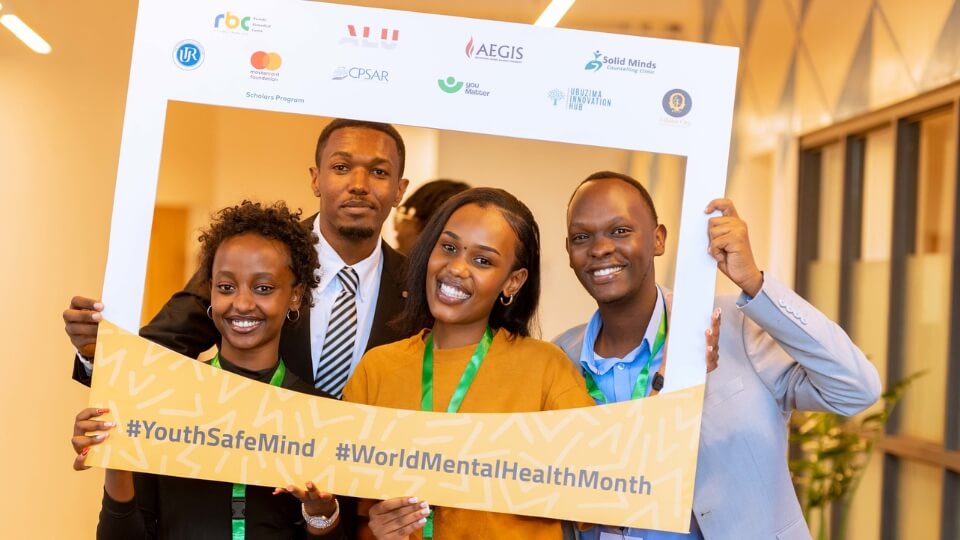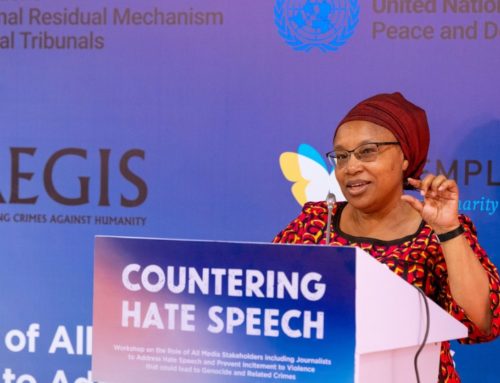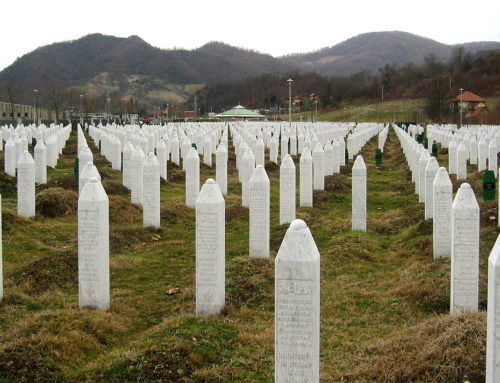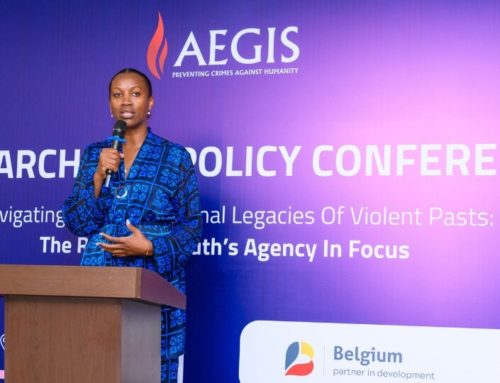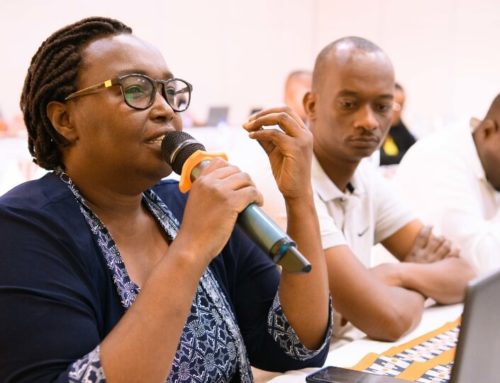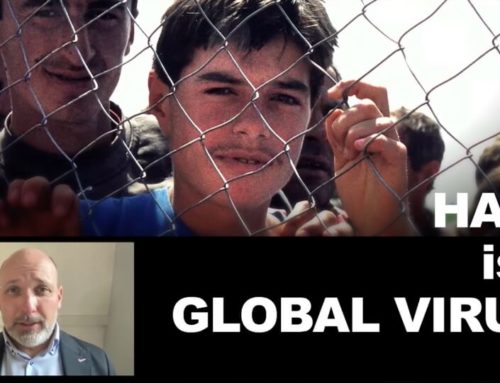On 26 October, the Aegis Trust partnered in convening the ‘Safe Mind’ Youth Conference at the African Leadership University (ALU) with Solid Minds, the Rwanda Biomedical Center (RBC), the ALU and various youth-led organizations. This event was dedicated to addressing pressing issues of mental health, alcohol dependence, and behavioral addictions which exert a profound influence on people’s well-being and counter the value of our peacebuilding work.
Approximately 250 students from different Rwandan universities attended the conference, demonstrating their commitment to mental well-being.“Sometimes we are confronted with difficult moments which may put our lives in danger,” said Prof Vincent Sezibera, Director of the University of Rwanda’s Center for Mental Health in his opening remarks. “Mental Health includes emotional, psychological and social well being. It is about how we think, feel, act and behave. However, it is the attitude we adopt when it comes to this particular issue that shows misunderstanding and incomprehension, especially among young people. In order to deal with mental illness, some young people dive head first in alcohol and substance abuse which in turn creates all kinds of addictions.”
Joelle Benitha Habiyambere underscored the pivotal role of Aegis in collaborating with young people to effect positive change within communities, particularly on mental health awareness. “Aegis’ engagement with young people plays a fundamental part in driving community-level efforts to increase understanding and consciousness regarding mental health issues,” she said.
The conference included breakout sessions where participants shared their personal experiences and opinions on addictions, substance abuse and mental health, fostering a sense of community, reducing stigma and promoting empathy.
Representatives from youth-led organizations discussed their efforts in promoting mental wellness on campuses and in communities. Cynthia Mugwaneza, the founder of U-Love Club, stressed the importance of creating safe spaces for youth to access mental health care and encouraged seeking therapy when needed.
Mental health specialists commended the work of youth-led organizations and recognized their potential to transform mental wellness in the community. Dynamo Ndacyayisenga, Director of drug abuse prevention at the Rwanda Biomedical Center, highlighted the importance of platforms where young people can openly discuss mental health and seek help, given high rates of alcohol addiction and drug abuse; “It is not easy to see a platform such as this, where young people meet and discuss mental health, and it gives great hope that we can achieve mental health awareness.”
The ‘Safe Mind’ Conference highlighted the collective determination of youth-led organizations and mental health experts to address mental health challenges and promote understanding and empathy in Rwanda.
Pictures from the event can be viewed here: https://www.flickr.com/photos/aegistrust/albums/72177720312268004/with/53290018469/

